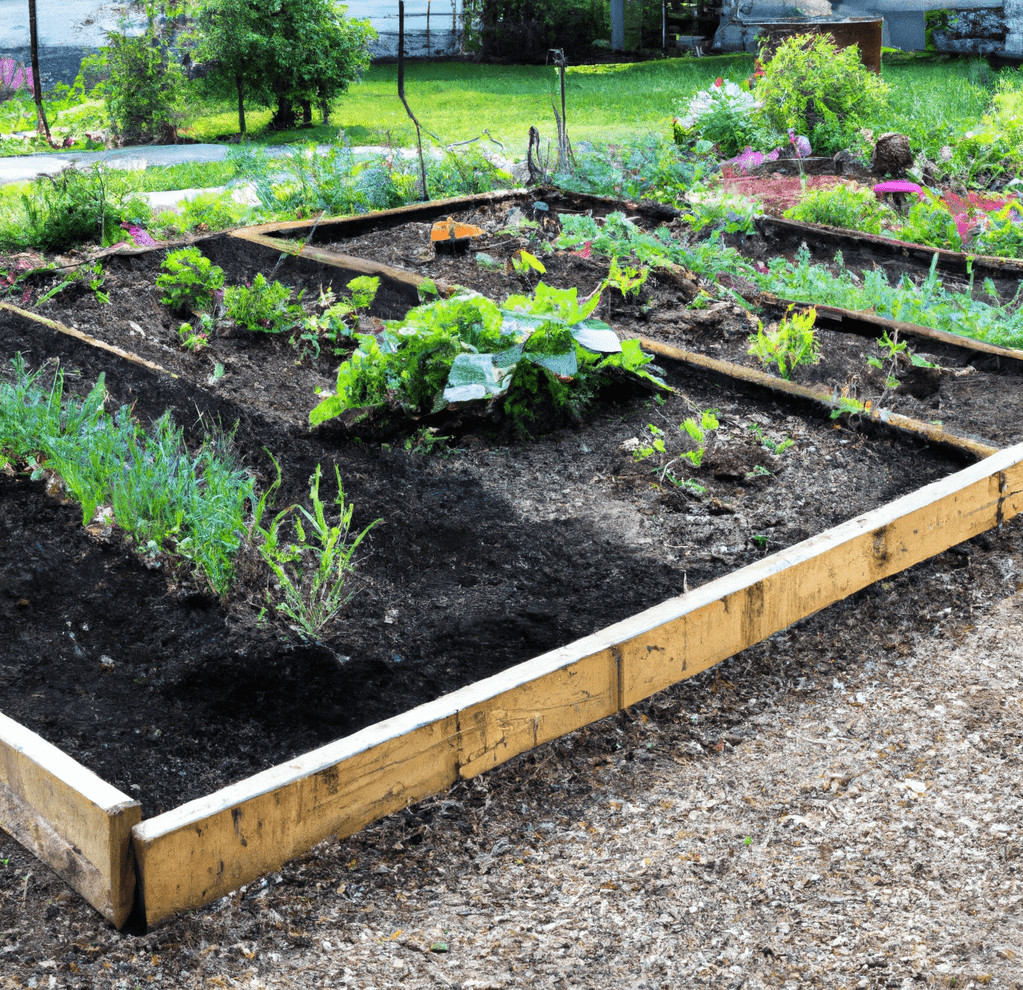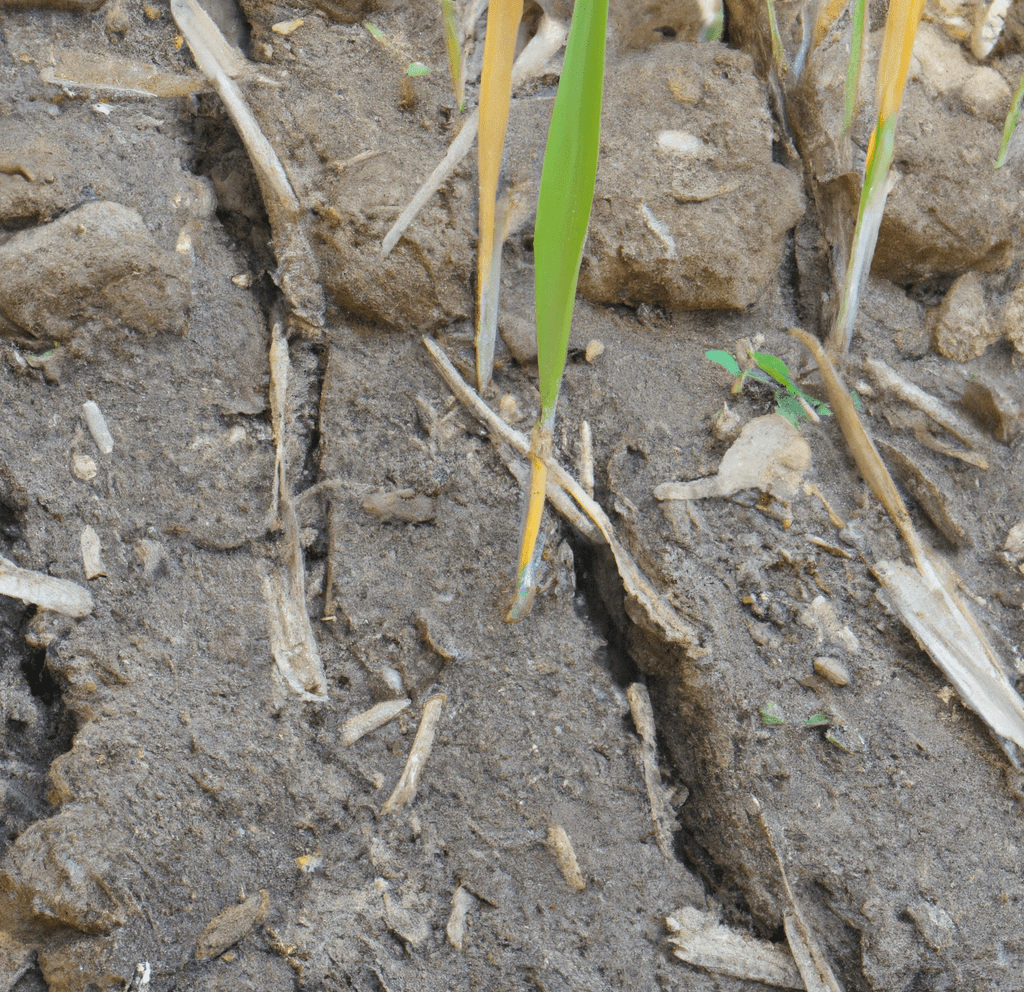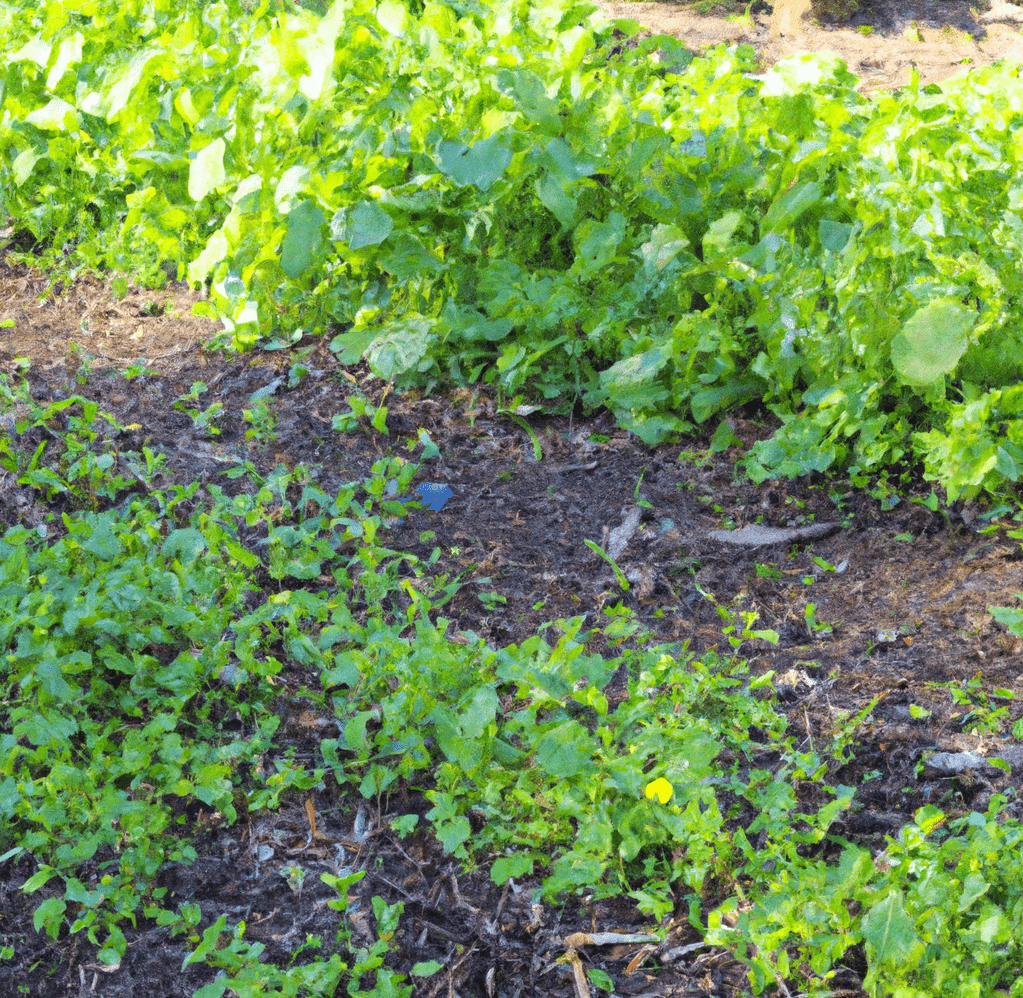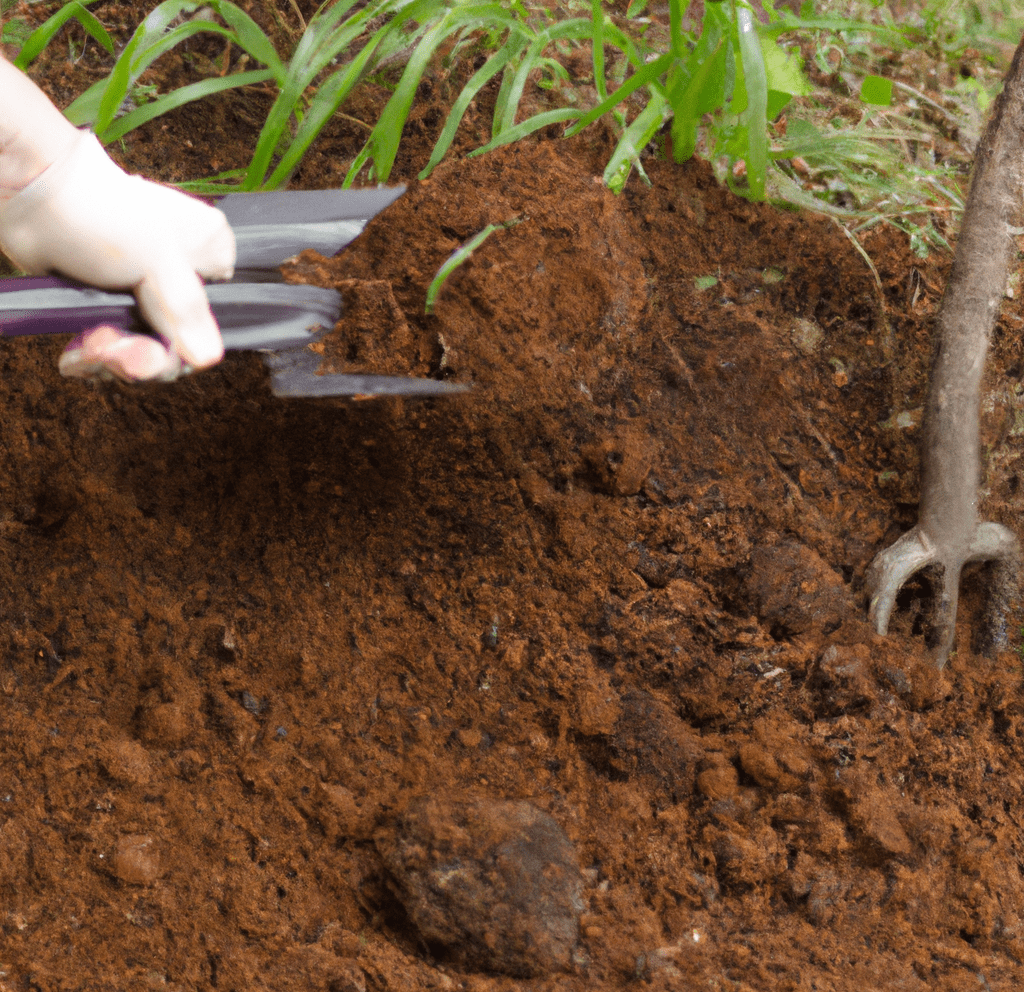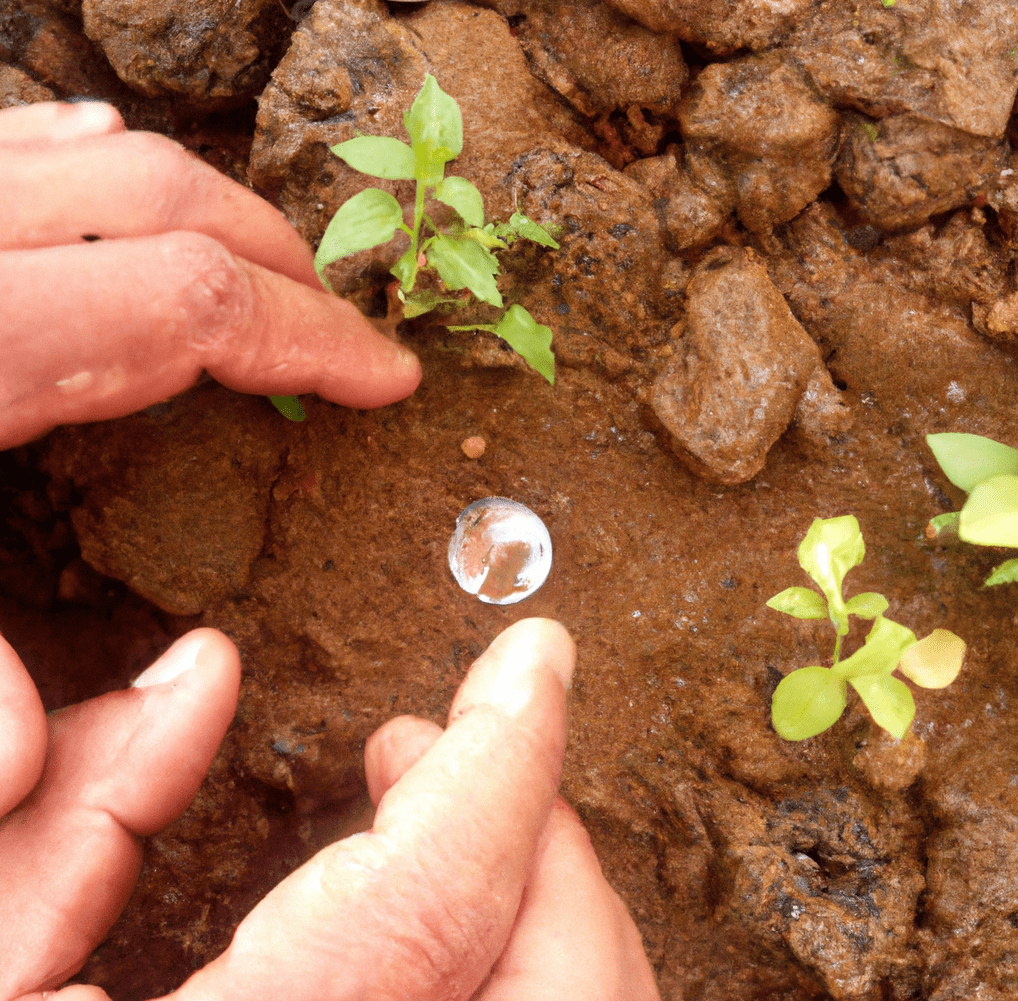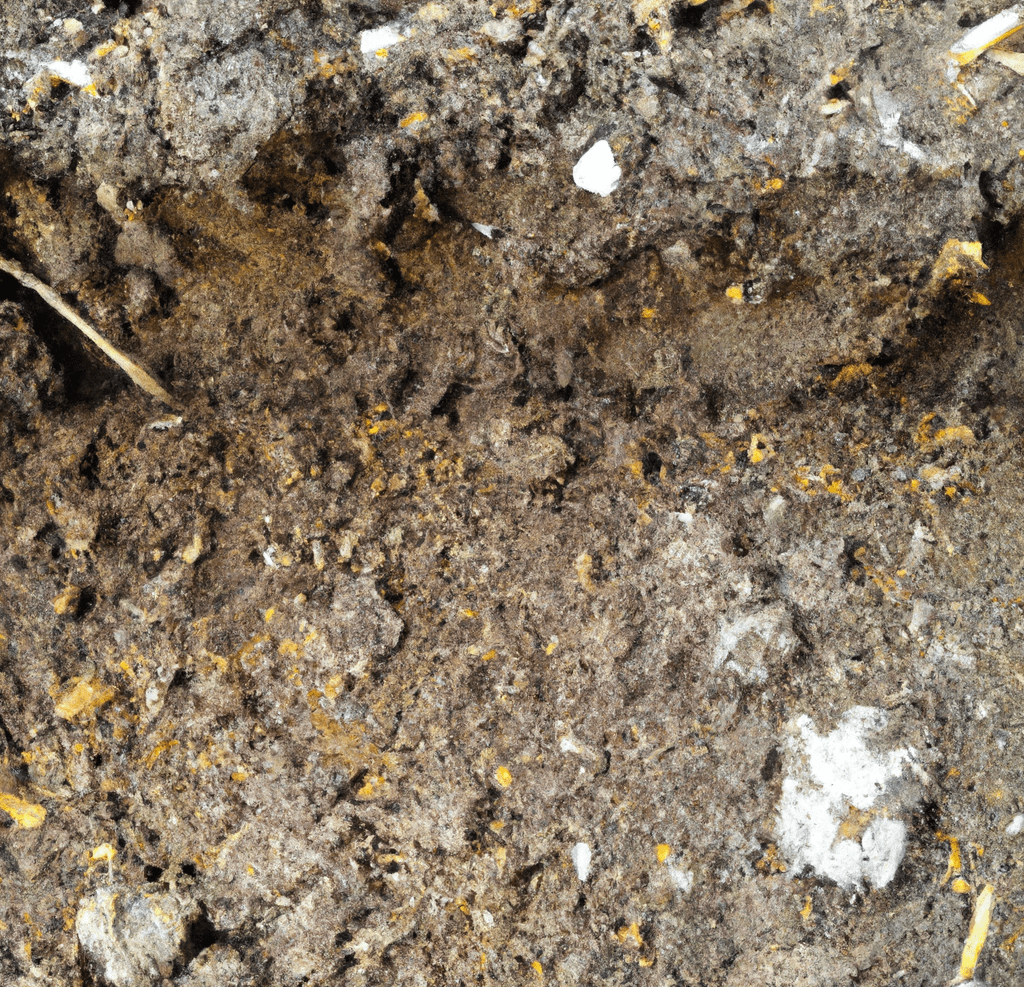- Last Updated: February 20, 2023
- 1:47 am
Best Soil For Monstera – TOP 6 Monstera Soil Mixes for Your Garden
Due to the gaps in its foliage, Monstera deliciosa, a well-liked house plant, is sometimes referred to as the “Swiss cheese plant.” It provides a rich, earthy feel to any area.
This tropical plant species, which is native to South America and can vine and climb up to 30 feet in height, is widely grown as a houseplant in colder climes and is pruned to maintain a more compact appearance.
A Monstera plant can also be planted outside as a hardy perennial in southern growth zones where the winter temperatures do not drop below freezing.
This lush plant, with its thick, glossy leaves, prefers potting material that is similar to the natural dirt found in tropical areas. The monstera soil that provides the optimum environment for the plant’s roots to extend and seek out nutrients is the ideal soil for Monstera plants.
In this article we will bring to you a detailed list of the best soil for monstera plants. Follow our extensive gardening guides to learn all about how to care for your special monstera plants. Keep on reading if you wish to know more about the best soil for monstera as well as the factors to keep in mind when buying the best monstera soil for your indoor garden.
Top Picks for Best Monstera Potting Soil Mix
- 1. Best Choice - Gardenera Premium Monstera Potting Soil
- 2. Editor's Choice - Burpee Natural & Organic GardenCoir
- 3. Best Overall - Miracle-Gro Potting Mix
Jump to Section
1. Gardenera Premium Monstera Potting Soil
One of the best soil for monstera is undoubtedly this Gardenera premium potting soil mix. It is known to prevent brown spots on the monstera foliage, root rot, and also rejuvenates the drooping leaves.
This blend is designed and manufactured to retain moisture whilst also draining excess moisture using organic aged bark, perlite, and coco coir. Additional ingredients include biochar, worm castings, etc.
The IBI-certified Biochar in this monstera soil helps maintain the phosphorus, nitrogen, and other nutrient levels to help the monstera plants grow bigger and stronger. This mix also provides a shield against under-watering damage.
2. Burpee Natural & Organic GardenCoir
Burpee’s Natural & Organic GardenCoir mix, which contains lightweight coconut coir, won’t compact around plant roots. It offers ideal aeration while preserving the essential moisture that Monstera plants require. GardenCoir is a chemical-free organic product that uses only natural materials throughout its manufacturing process.
GardenCoir’s pH value isn’t stated on the packaging, however coconut coir’s natural pH ranges from 5.4 to 6.7, making it the best soil for Monstera. There are no additional nutrients or fertilizers in the growing medium, so growers are free to add their own as they see fit.
The dry mix for Burpee GardenCoir is packaged in an 8-quart bag and the slightly acidic soil texture creates the ideal environment for monstera plants. In fact, thanks to its excellent aeration, this is also one of the best soil for peace lily plants!
One of its greatest benefits of this monstera soil is that it will not compact around roots unlike ordinary monstera potting mix. It provides the monstera roots with excellent aeration and it also consists of only the best organic and natural ingredients. However, it does not contain any fertilizers.
3. Miracle-Gro Potting Mix
Consider using Miracle-Gro Potting Mix, which is made for outdoor plants, if you reside in a temperate area or want to take a Monstera plant outside to the patio during the summer. This monstera soil mixture has a foundation of composted spruce, hemlock, and premium tree bark with sphagnum peat moss.
For outdoor growth circumstances where moisture might evaporate quickly, it drains well while yet providing the best moisture retention.
A wetting agent is also included in this Miracle-Gro mix product to make moistening the solution simpler. Phosphorus, potassium sulfate, etc., are ingredients in an integrated fertilizer that promote healthy root growth and foliage stimulation. Its ideal pH range between 4.1 – 6.4 is the ideal range for monstera plant growth.
The one drawback is that this soil for monstera may be susceptible to gnats and mold.
4. Burpee Premium Organic Potting Natural Soil
Burpee Organic Premium Potting Mix provides farmers with an organic medium for planting the Monstera, using a base of coconut coir along with other natural components. This organic mixture uses only elements that have been certified as organic, with no chemical substances or processing.
Compost, perlite, and an organic fertilizer made from hydrolyzed feather meal, manure, and sulfate of potash are also used in the mixture in addition to the coco coir to promote healthy root and leaf development. The organic Burpee mix has a pH of roughly 6.3, which is ideal for growing Monstera.
Keep in mind that the packet may contain some large sticks as the soil mix lacks the ultimate refinement that is present in some of the other aforementioned potting mix options.
5. FoxFarm Ocean Forest Potting Soil
Foxfarm Ocean Forest Garden Potting Soil, which has a combination of sphagnum peat moss, forest humus, and refined sand, has a light, aerated texture for robust root development. The mixture is ideal for producing Monstera plants because its pH ranges from 6.2 to 6.7.
To promote healthy plant growth, Foxfarm has also incorporated organic nutrients like earthworm castings and bat guano. For use in indoor and outdoor pots, the growing medium is appropriate.
Its drawbacks include retaining too much water which can result in root rot.
6. WONDER SOIL Organic Potting Soil
The only dry compressed coco coir mix containing additional amendments like worm castings, mycorrhizae, kelp, perlite, and more is the Wonder Soil Premium Organic Mix! Your delicate monstera plants will develop faster and better if you do this.
This soil mixture is also entirely natural and free of peat, making it absolutely safe to use around children and animals.
When combined with water, this bag of compressed indoor potting soil and garden soil for outdoor plants—the Wonder Soil Monstera Potting Mix—expands to four times its original size, is portable, and frees up valuable shed space. This is also one of the best soil for indoor plants of all varieties.
In addition, this soil blend is pre-mixed and completely ready to use so your gardening experience is fun and extra simple!
The coco coir element ensures that this soil provides only the best water retention and aeration for your monstera roots. With this, you can save up to 50% water and fertilizer.
Key Ingredients for Best Soil for Monstera Plants
The best soil mix for monstera plants will usually contain a smooth blend of perlite, pine needles, sphagnum peat moss, etc. Each of these elements benefits the monstera in different ways:
Sphagnum Peat Moss
Peat moss is obtained from peat bogs where this naturally develops and is used in many potting mixes because of its ability to retain water.
Pine Bark
These needles and tiny pieces of wood bark, which are collected from fir, timber, pine, and spruce trees, allow air to flow through the mixture, which is necessary for root development and protection. This is also a common ingredient in the best soil for snake plants.
Perlite
Perlite is a volcanic rock product that resembles Styrofoam pellets in appearance and texture. It facilitates the passage of oxygen through the mixture while absorbing and holding moisture quickly.
Coconut coir
The fibrous covering that encircles a tough coconut shell is called coco coir. Without compacting, it holds moisture. Even without the inclusion of extra materials, coco coir provides the best growing environment.
Wetting Elements
Some dry growth mixtures don’t readily absorb water when dry, but they do so quickly after being moistened. Manufacturers may include a wetting ingredient, such as powdered kelp to facilitate the mixture’s initial absorption of water.
Factors to Consider When Purchasing the Best Soil for Monstera Plants
If you own monstera plants or are looking to grow them in your home garden, then we recommend the following factors to consider before you buy the best soil for monstera plants. The best monstera soil should have all these necessary qualities and more for your plant to thrive and retain its lush, green color.
Key Ingredients for the Best Monstera Plant Soil
The best soil for monstera plants will often be a smooth blend of coconut coir, vermiculite, perlite, peat moss, etc. Each of these ingredients provide nourishment for your monstera plant and help it grow bigger and stronger.
Coconut coir is the coarse, hairy layer that surrounds a hard coconut shell and is often regarded as a waste product. Even without the inclusion of additional materials, coco coir provides the best growing environment for your monstera plants.
Next, vermiculite, which is extracted from silica beds and has a texture similar to perlite, aids in preventing the growth mix from compacting. Perlite is a volcanic rock product that resembles Styrofoam pellets in appearance and texture. It facilitates the passage of oxygen through the mixture while absorbing and holding moisture quickly.
Finally, peat moss is obtained from bottom sediments in bogs where it naturally develops and is used in many gardening mixes because of its ability to retain water.
Organic Vs. Inorganic Monstera Soil
Many potting soils’ primary ingredients are natural, however they are not organic if chemicals or another inorganic element was used during the sterilization process. Dry heat or steaming are examples of organic methods for treating potting soil to kill pathogens, whereas radiation or chemicals, like chloride, are examples of inorganic alternatives.
A product may become inorganic if chemical fertilizers are added. Many potting soil manufacturers now utilize a high percentage of natural components in their products due to the current trend toward more organic products.
Good Aeration
When cultivating Monstera plants, proper aeration is essential because this plant will not thrive if left in water. A potted plant that has been flooded by water loses oxygen as a result, which might cause the Monstera leaves to droop and turn yellow.
Coco coir and vermiculite are ingredients that can help maintain an airy and soft texture of the soil and these can also be found in the best soil for monstera. This combination prevents the flooding issue by allowing water to swiftly drain through the mixture and out.
Soil pH Levels for Monstera Plants
Like many other indoor and outdoor plants, Monstera prefers somewhat acidic soil. Fortunately, the majority of the components used to make the best soil for monstera plants are also moderately acidic. Whether a mixture is more acidic or less acidic determines the pH level of a growth medium.
The pH level of the growing medium should be between 5.0 and 6.8 for monstera plants to thrive. Substances like peat moss, coco coir, and pine bark, all contribute to the creation of a slightly acidic developing environment.
Effective Water Retention in Soil for Monstera Plants
Moisture retention does not imply sogginess; rather, it signifies that the monstera plant soil elements will continue to be damp after the moisture has been drained away. Watering Monstera roughly every 10 to 15 days is recommended.
Perlite excels in retaining moisture and aerating spaces. To ensure that plant roots in an aerated mix still have access to moisture, the tiny beads take up the water and store it before gently releasing. Perlite beads also make gaps in the growing media so that extra water can flow out.
Risk of Fungal Infection and Growth
The increased possibility of fungal development, which can result in root rot and plant mortality, is another drawback of damp soils. The best strategy for controlling fungal infections in a Monstera plant is to use a well-aerated soil that can also retain just the right amount of water for the monstera plant roots. Open a window periodically or run a soft fan on low while growing Monstera inside to encourage healthy air circulation.
FAQs About Best Monstera Potting Soil Mix
Should you put rocks on top of Monstera soil?
No, you should not put rocks on top of Monstera soil. In order to achieve a light and airy indoor plant soil, it is against the principles to place rocks on your topsoil. Your plants may experience heat stress from rocks, which will deprive them of the moisture they require. Although they may have an appealing aesthetic, rocks really do more long-term harm than benefit.
Can you put peat moss on top of Monstera soil?
Yes, you can put peat moss on your monstera soil. Although Monstera plants prefer soil that drains well, they do not want the soil to become completely dry. Peat moss or Leca stones can be added to the soil to assist hold moisture without leaving stagnant water in the container.
How do you make Monstera potting soil?
You can make monstera potting soil by following these steps. The potting mix should be 3:3:3:1:1. That’s 3 parts bark, 3 parts pumice, 3 parts coir, 1 part charcoal, and 1 part worm castings. The easiest way to follow a ratio recipe is by using the same size scoop for each ingredient.

Abigail Clemente
To say that Abigail is passionate about gardening and landscaping would be an understatement. Abigail came to Your House Your Garden team with an already exceptional portfolio as an experienced writer.

Abigail Clemente
To say that Abigail is passionate about gardening and landscaping would be an understatement. Abigail came to Your House Your Garden team with an already exceptional portfolio as an experienced writer.







